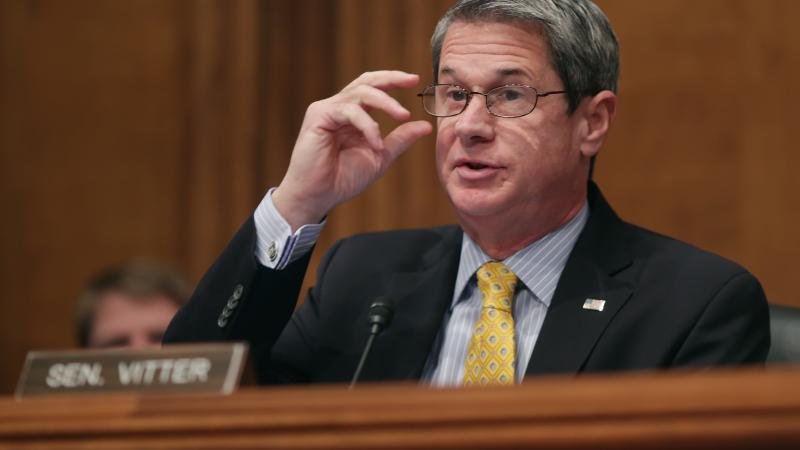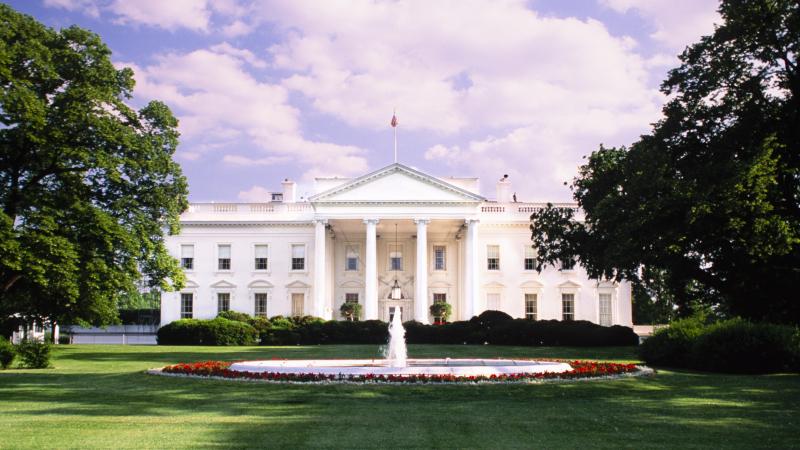Recent arrests illustrate creeping Chinese infiltration of U.S. academic institutions
"The overriding issue in dealing with China is the lack of transparency by those who have a relationship with China while at U.S. universities," the Center for Strategic and International Studies' Scott Kennedy says.
The recent arrest of Indiana University doctoral student Zhao Kaikai provides dramatic new evidence of the ongoing infiltration of U.S. universities by scholarly researchers with undisclosed ties to China.
"The overriding issue in dealing with China is the lack of transparency by those who have a relationship with China while at U.S. universities and doing scientific and scholarly research for China," says Scott Kennedy, senior adviser and Trustee Chair in Chinese Business and Economics at the Center for Strategic and International Studies.
FBI agents kept Zhao under surveillance before his July 18 arrest, following him as he came and went between his apartment and the Luddy School of Informatics, Computing and Engineering at the University of Indiana in Bloomington.
Zhao was indicted and charged in federal court on Aug. 4 for lying on his visa application and lying to U.S. government officials about his connection to the Chinese government.
The indictment states that Zhao met with officials from the Consulate of the People's Republic of China (PRC) on July 17 and then lied to FBI agents the following day.
The indictment alleges that Zhao "was a member of the Chinese People's Liberation Army (PLA), and made false statements concerning that military service to conceal the true nature and purpose of his educational pursuits in the United States" and "remains an active member of the PLA."
"This lack of transparency is a serious red flag," Kennedy said.
Apart from Zhao, there were several other arrests following a federal investigation of visa holders suspected of not having declared their affiliation with the Chinese military in 25 American cities.
"These members of China's People's Liberation Army applied for research visas while hiding their true affiliation with the PLA,” Assistant Attorney General for National Security John C. Demers says. "This is another part of the Chinese Communist Party's plan to take advantage of our open society and exploit academic institutions. We will continue to conduct this investigation together with the FBI."
In other recent cases:
- Xin Wang traveled to the U.S. in March 2019 on an exchange visa to conduct research at the University of California, San Francisco. Prosecutors say that Wang admitted to U.S. Customs and Border Protection officers "that he had intentionally made fraudulent statements about his PLA military service on his U.S. visa application in order to increase the likelihood of receiving a J-1 visa." Wang, who received a scholarship from the China Scholarship Council, "stated that his military supervisor at the Air Force Military Medical University lab in China instructed him to examine the UCSF's laboratory layout and provide such details to the PRC upon his return to China in order to replicate the lab in China," prosecutors say. "Wang admitted to maintaining the UCSF scientific research on his laptop and external electronic devices and stated that he intended to bring this research to China to share with his PLA colleagues. Wang also admitted to previously sending UCSF research to his PRC military contacts via email."
- Haizhou Hu, a 34-year-old Chinese researcher at the University of Virginia, was charged last week with stealing trade secrets and engaging in unauthorized access of information, the Department of Justice says.
- Guan Lei, 29, a Chinese-born researcher at UCLA, was charged last month with destroying evidence in an effort to obstruct an FBI investigation into possible espionage.
According to Kennedy, there are several areas of U.S. national security concern with respect to China.
First, with 370,000 Chinese students enrolled in the United States, some could be spies, or recruited to be spies by the Chinese Communist Party, and the pressure could be enormous on Chinese students studying abroad because of their family ties inside mainland China.
Second, the Chinese have invested in Confucius Institutes to teach Chinese language and culture, and although there is shared control between the institutes and their U.S. academic partners, criticism of the Chinese Communist Party or its human rights record is considered taboo in the instruction and other activities of the institutes.
"There are currently 75 Confucius Institutes operating in the United States, 65 of which are active on U.S. university campuses, with the rest functioning as standalone organizations," according to the U.S. State Department website, and "around 500 Confucius Classrooms based on K-12 campuses."
In a 2019 op-ed in the Washington Post, University of Dublin researchers reported a significant shift in the tone of local media stories in favor of the PRC in areas where Confucius Institutes were located.
Third, Chinese and foreign scientific and scholarly researchers are recruited through the Chinese Talent program, the subject of an investigation last year by the Senate Permanent Subcommittee on Investigations.
"The Thousand Talents Plan incentivizes individuals engaged in research and development in the United States to transmit the knowledge and research they gain here to China in exchange for salaries, research funding, lab space, and other incentives," the subcommittee report concluded. "China unfairly uses the American research and expertise it obtains for its own economic and military gain. In recent years, federal agencies have discovered talent recruitment plan members who downloaded sensitive electronic research files before leaving to return to China, submitted false information when applying for grant funds, and willfully failed to disclose receiving money from the Chinese government on U.S. grant applications."
The U.S. is not alone in its growing concern about CCP influence. Australia implemented new guidelines in November 2019 to limit the risk from Chinese military penetration of Australian universities, even though China is Australia’s largest trading partner.
"There is no evidence that the vast majority of Chinese students at U.S. universities are agents," cautions Kennedy, "but it is clear that the Chinese acquire intelligence from Western universities."















